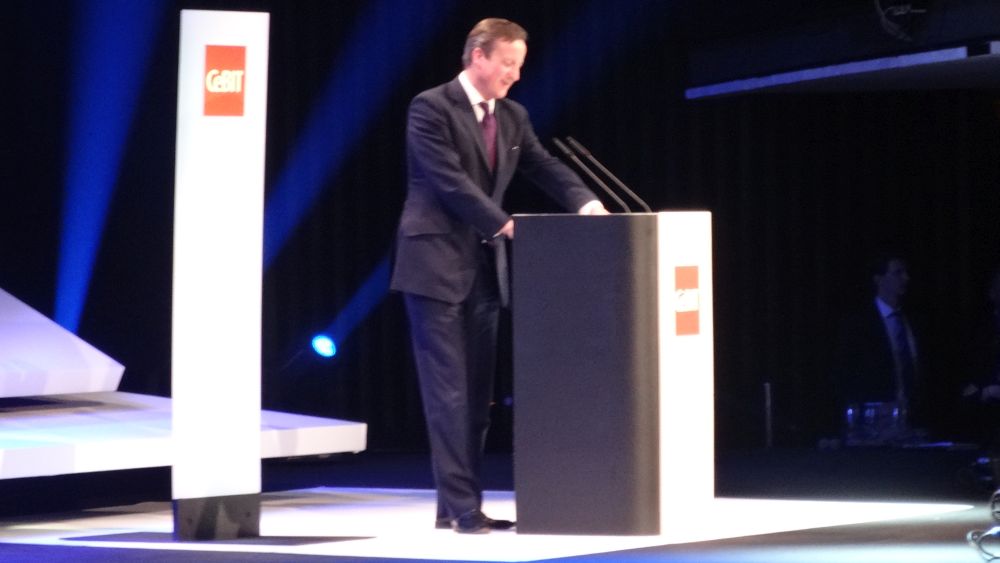UK to collaborate with Germany on 5G, Internet of Things
British PM made announcement on Sunday

David Cameron has announced a set of new initiatives to drive 5G research in Germany and UK as part of a bilateral agreement between three universities from the two countries.
His speech at the opening of Europe's largest technology show, CeBIT 2014, in Hannover, Germany focused on three specific areas, namely 5G and its potential benefits ("one full length movie in less than a second" was his key sound bite), internet of things and its implications and lastly, the strenghtening of the EU digital market.
Peppering his intervention with a number of successful British hardware companies like Imagination Technologies and ARM, he unveiled a new set of measures that include a £45 million budget for Internet of Things projects, tripling what was already available and a £1m European Internet of Things grant fund for companies investing in IoT.
Full steam ahead
5G has been pickingup momentum over the past year with Chinese networking behemoth, Huawei, leading the way.
The company plans to invest 444 million Euros in 5G research and development over the next four years. Korea already stated that it will be investing heavily in 5G technology with trials expected to happen by 2017.
The successor to 4G is likely to become available in 2020 with maximum theoretical download speeds up to 1,000 faster than 4G LTE (that would be around 100Gbps). Other benefits include much lower latency and better battery life.
Last month, the British government announced plans to work with Taiwan on exploring opportunities to collaborate on technological projects including 5G as part of the government's UK Science and Innovation Network (SIN).
Sign up to the TechRadar Pro newsletter to get all the top news, opinion, features and guidance your business needs to succeed!

Désiré has been musing and writing about technology during a career spanning four decades. He dabbled in website builders and web hosting when DHTML and frames were in vogue and started narrating about the impact of technology on society just before the start of the Y2K hysteria at the turn of the last millennium.